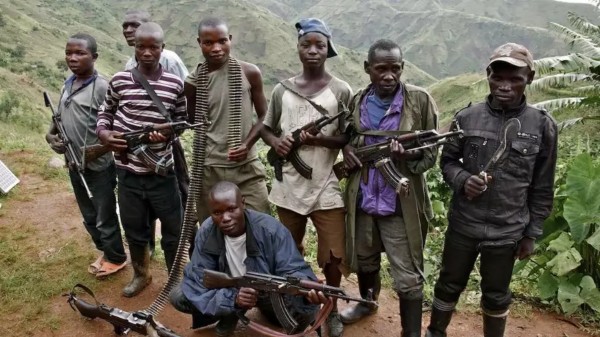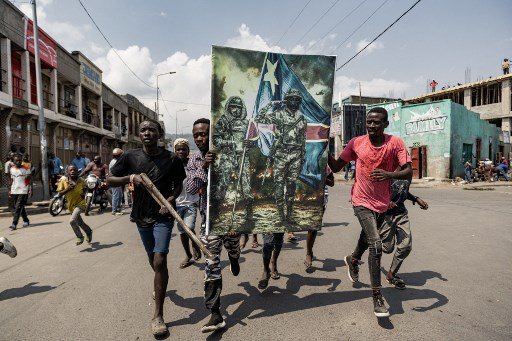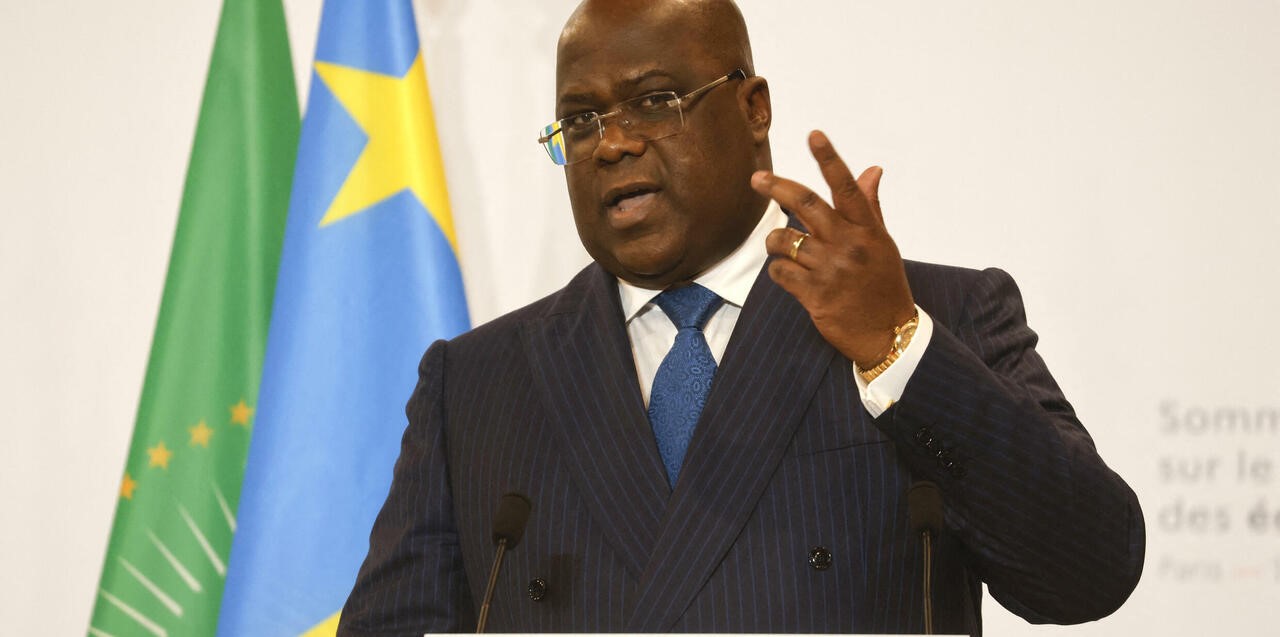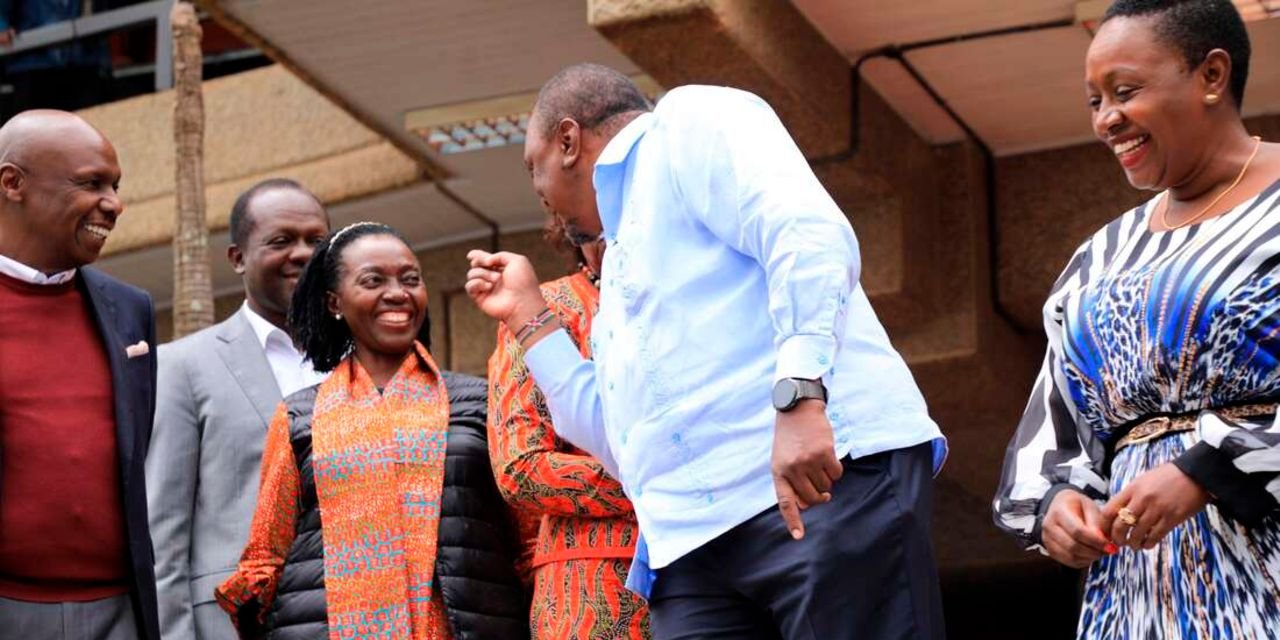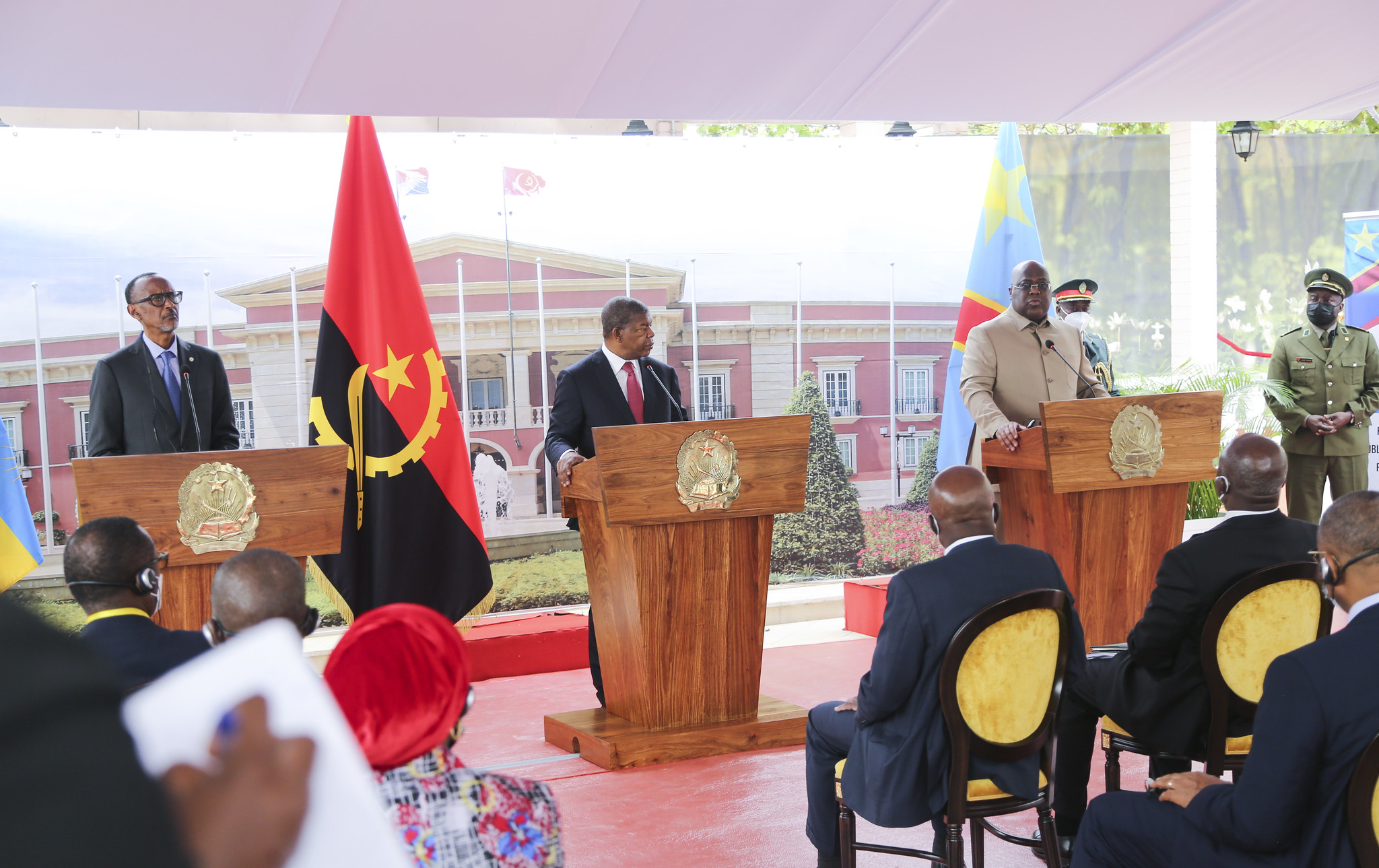Regional
BBC Gahuza a propaganda factory for Rwanda’s detractors
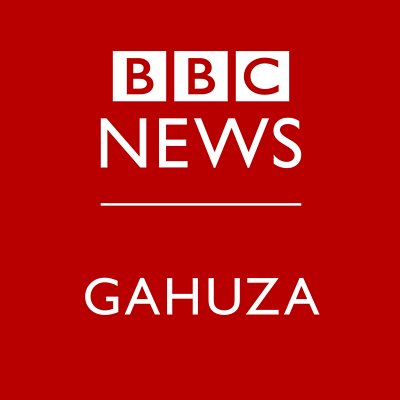
At
inception, the main mission of BBC
Kirundi- Kinyarwanda service, which called itself Gahuzamiryango, or BBC
Gahuza, was to help with reunification of families separated during the war
and genocide which rocked Rwanda in 1994.
Though
the war and the genocide against the Tutsi, as well the ensuring mass
displacement of populations ended a long time ago, BBC Gahuza still calls
itself “Gahuzamiryango” (unifier of families).
It
shelved the reunification programme and morphed into a platform used by
Rwanda’s enemies in total breach of its core principles of fairness and impartiality.
The
BBC didn’t do any proper vetting of journalists it hired when it started. Those
journalists included individuals with a hideous past. Some had connections with
the hate media which fanned the flames of ethnic hatred during the 1994
genocide such as the infamous, Radio Television des Mille Collines (RTLM).
In
so doing, the BBC showed that it was ready to breach common standards and
embraced a shameful stance of serving as a mouthpiece for those it enthroned as
political opponents or human rights activists.
The
BBC never gave a platform to German Nazis after the Holocaust. However, it
didn’t have qualms over sending one of its journalists, Venuste Nhimiyimana, to
Mali to interview the former genocidaire Prime Minister, Jean Kambanda. The
latter was in a Malian prison serving a life sentence for genocide crimes.
Along
Kambanda was Georges Rutaganda, former vice-president of the notorious
Interahamwe militia, responsible of the massacres of more than one million
Tutsi.
Later,
Nshimiyimana broadcast the interview in a 60-miniute program on BBC. This is
the greatest travesty which defies understanding.
As
if this wasn’t bad enough, in October 2015, the BBC aired a controversial
documentary called “Rwanda Untold Story,” entirely hinged on genocide denial.
It accused President Paul Kagame of shooting down President Juvenal Habyarimana’s
plane, and triggering the 1994 genocide.
The
documentary was condemned by scholars, researchers, journalists, and historians
for being a promotion of genocide denial The airing of this documentary was the
straw which broke the camel’s back. The BBC Kinyarwanda-Kirundi service was
banned on Rwandan territory.
These
days, the BBC has grown into a powerful mouthpiece for genocidaires, and all
those it has enthroned as opposition leaders and any other of Rwanda’s
detractors. Amongst them is Victoire Ingabire, well-known for her Hutu Power
ideology, and sort of trojan horse for genocidaires, and supporters of the
genocide ideology.
The
genocidal forces defeated by the Rwandan Patriotic (RPF) in July 1994, enticed her
to leave her exile in the Netherlands, and hoped to use her inside Rwanda so
she could cause trouble from within. But she failed.
Calling
her a key opposition leader is total fallacy. Ingabire’s political party isn’t registered
in Rwanda and probably will never be. Her new party, Development and Liberty for
All (DALFA-Umurinzi), is the latest subterfuge used to hide her links to
genocidal forces. She was previously president of FDU/Inkingi, and the RDR
(Republican Rally for Democracy in Rwanda) created by senior officers of the
defeated genocidaire army.
FDU/Inkingi is part of the armed grouping P5,
labelled as “terrorist” by a group of UN experts.
Other
individuals often guests at the BBC include Faustin Twagiramungu, an associate
of Paul Rusesabagina, Rwanda’s terror kingpin. The BBC has also given a
platform to Rwandan fugitives such as Noble Marara, a criminal who is on the
run in the UK.
The
BBC doesn’t hesitate to interview leaders or spokespersons of the terrorist milita
based in eastern DRC, the FDLR.
The
trial of Rusesabagina and his co-accused was a revelation of how the BBC
sacrificed its professionalism to prop up the image of their terror group, the
MRCD/FLN, which attacked Rwanda and killed people.
Evidence
in the form of communication exchanges between the media outlet’s editors and
officials from the terror group revealed how, following its attack on Rwandan
soil, BBC editors discussed the best way to broadcast it.
This
was a serious breach of journalism standards and another proof of the BBC’s
willingness to serve as a platform for Rwanda’s detractors, self-styled
opposition leaders and haters.


